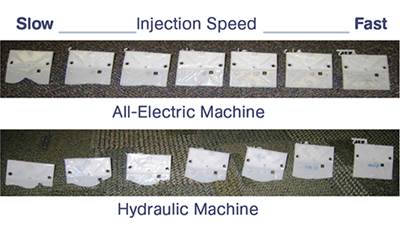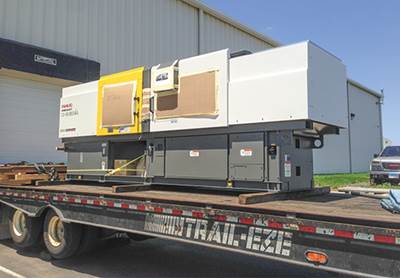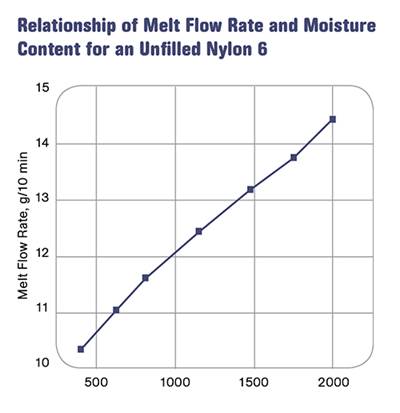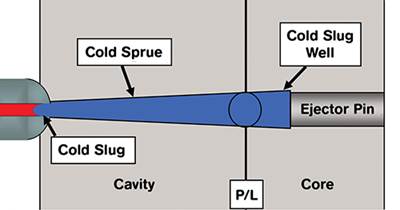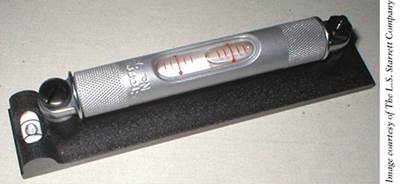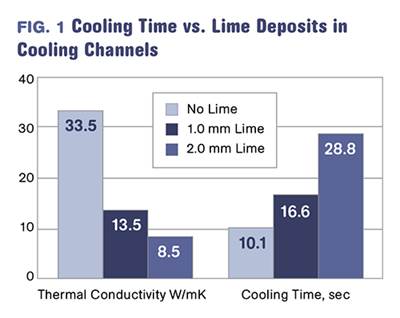Injection Know How
INJECTION MOLDING: ‘Know Your Machine’
Many molders think they “know their machine,” but in reality do not. They get consumed by the demands of day-to-day production requirements and lose sight of the big picture.
Read MoreScrew Speed Versus Recovery Time
Many molders don't take screw-rotation speed into account when developing a process for a new mold. Here's why they should.
Read MoreShutting Down & Starting Up An Injection Molding Machine
Whether your press is going down for repairs, a holiday, or a slow production schedule, proper shut-down and start-up procedures must be followed.
Read MoreMelt Flow Rate Testing–Part 8
Here are the steps to take in cases where the MFR is not provided by the polymer supplier.
Read MoreHow to Establish an Acceptable Range for Pressure at Transfer
Pressure at transfer tells you the viscosity of the resin, providing the fill time is the same. Monitoring pressure at transfer—or better yet, the integral under the pressure vs. time curve—provides insight into the process.
Read MoreMinimizing Black Specks
Black specks in molded parts are one of the most infuriating problems to resolve on the shop floor. Here's how to fix them.
Read MoreDon’t Forget the Cold Slug Well
Its primary function—as the name suggests—is to act as a trap, or “well,” for the cold slug.
Read More‘Auto Compensate’ Your Press To Handle Viscosity Variations
Here's how to put your injection molding machine on cruise control to make consistently good parts even in the face of material viscosity variations.
Read MoreLevel Your Press in an Hour or Less
A level injection molding machine is necessary to keep producing high-quality parts. Here's how to do it right.
Read More